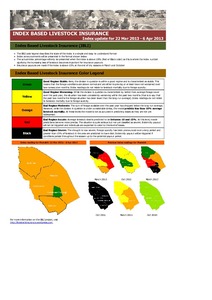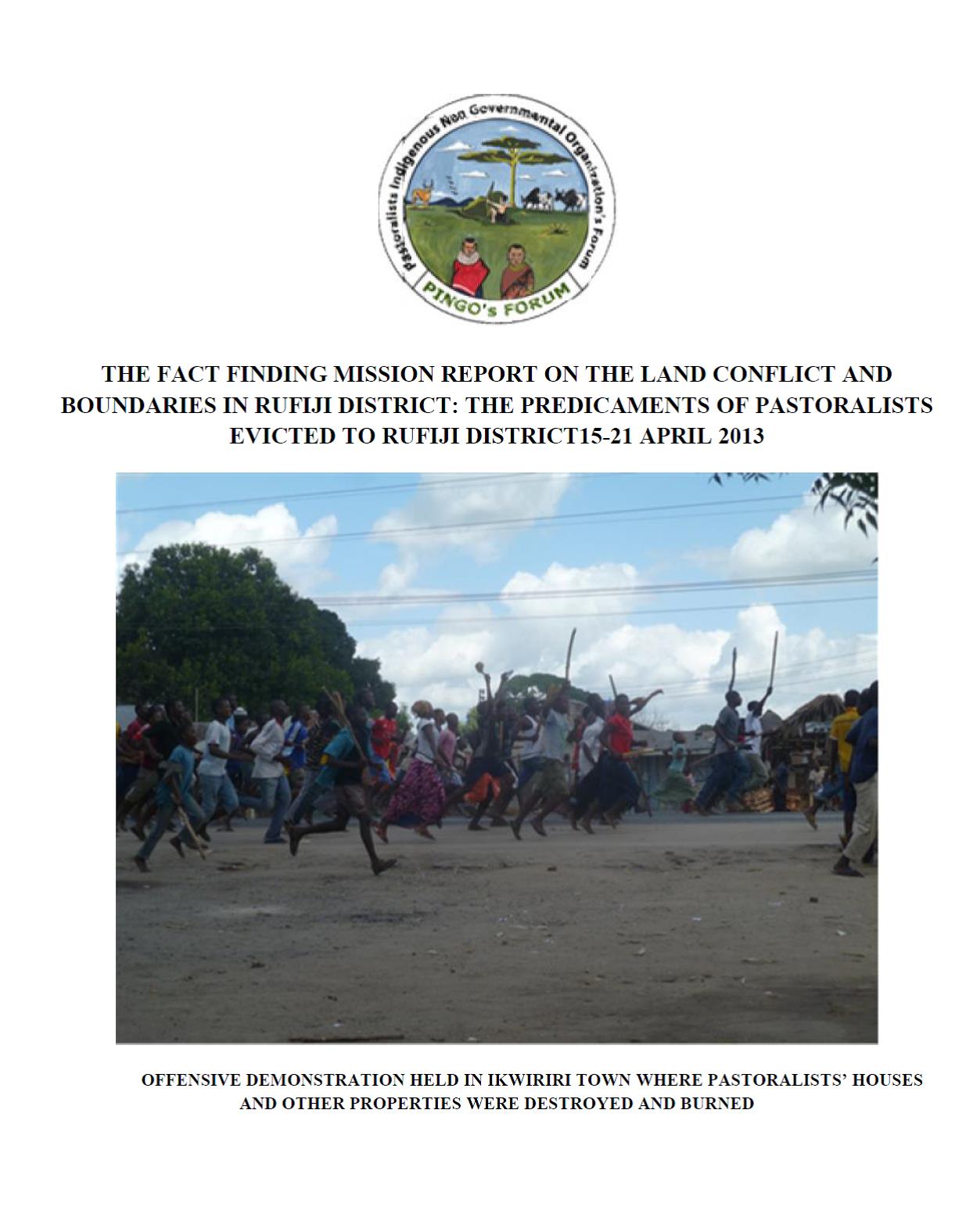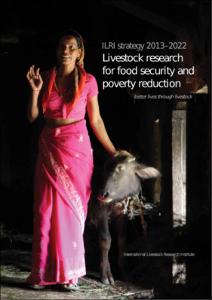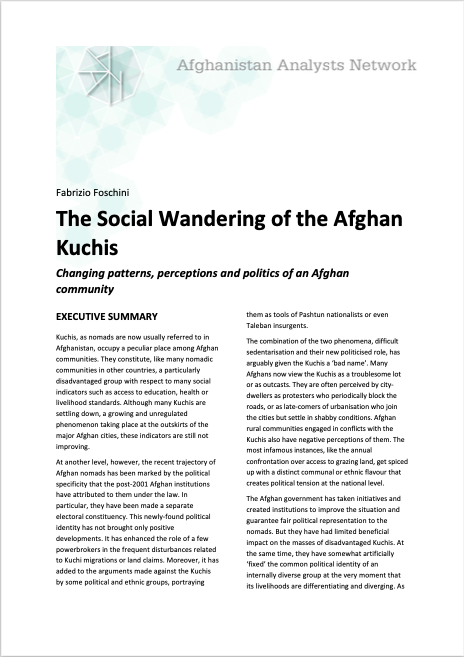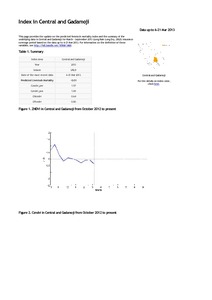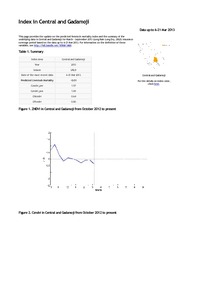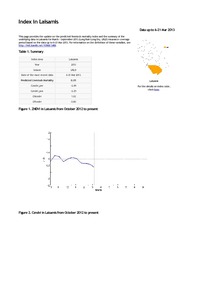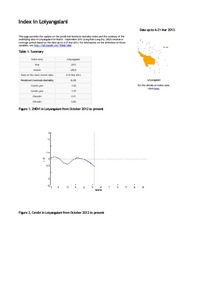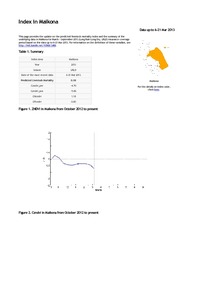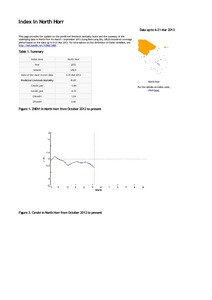The Fact Finding Mission Report on the Land Conflict and Boundaries in Rufiji District
This fact finding mission had been organised to investigate the challenges facing pastoralists in Rufiji District, the challenges which have been defined as the source of conflict in this district. Although pastoralists had arrived in Rufiji since 1990’s but they officially went there and other places in Coastal and in Lindi Regions after they had been evicted from Ihefu and Kilosa in 2006-9. The Government, through their operation, announced to prepare areas for pastoralists and also to set all necessary and potential services for them to survive In Lindi, Ruvuma and Pwani Regions.
Livestock research for food security and poverty reduction: ILRI strategy 2013-2022
Village land use planning in rangelands in Tanzania: good practice and lessons learned
This Issue Paper No.3 is part of the series Making Rangelands Secure, a learning initiative supported by ILC, IFAD, RECONCILE, IUCN-WISP and Procasur. The Making Rangelands Secure Initiative has been established by a group of organisations seeking to improve security of rights to rangelands. The initiative seeks to identify, communicate and build good practice on making rangelands secure for local rangeland users.
Identifying trends in the distribution of vegetation in Mongolia in the decade after its transition to a market economy
The spatial distribution of vegetation trends identified by time series analysis of the normalized difference vegetation index (NDVI) for the Mongolian grasslands was cross-referenced with the recently obtained land use/cover data and socioeconomic information in the geographic domain. Global Inventory Modeling and Mapping Studies (GIMMS) dataset with an 8-km resolution provided by the Global Land Cover Facility (GLCF) of the United States were used to compute the vegetation trends.
The Social Wandering of the Afghan Kuchis
ABSTRACED FROM EXECUTIVE SUMMARY:
Kuchis, as nomads are now usually referred to in Afghanistan, occupy a peculiar place among Afghan communities. They constitute, like many nomadic communities in other countries, a particularly disadvantaged group with respect to many social indicators such as access to education, health or livelihood standards. Although many Kuchis are settling down, a growing and unregulated phenomenon taking place at the outskirts of the major Afghan cities, these indicators are still not improving.

